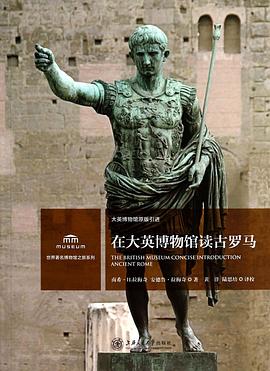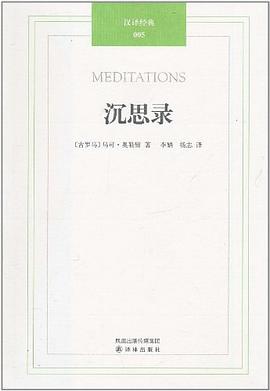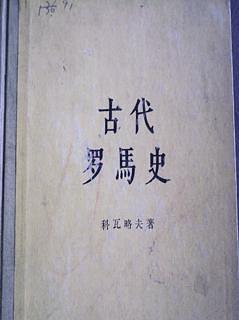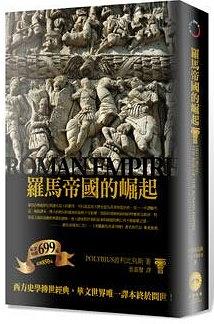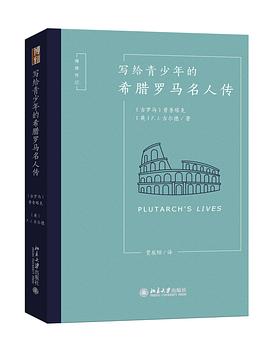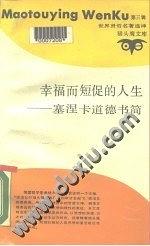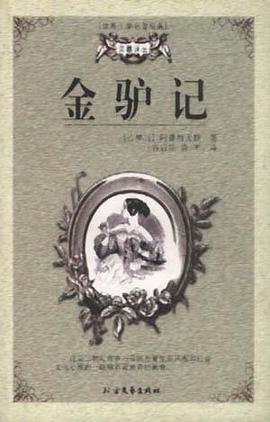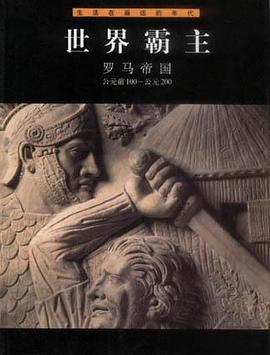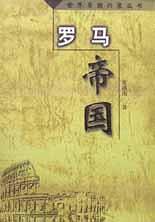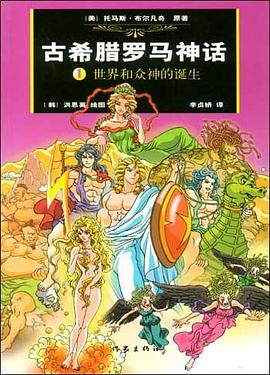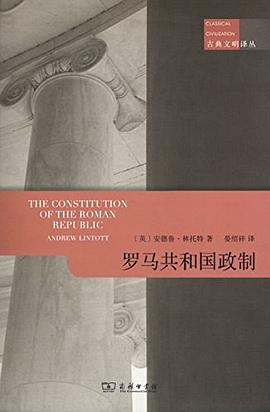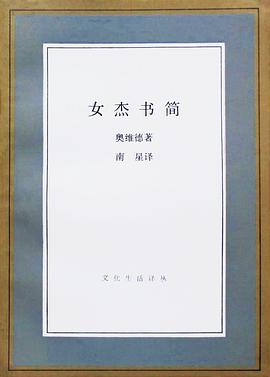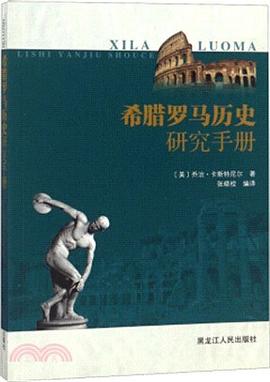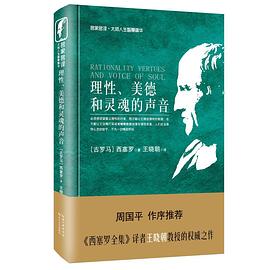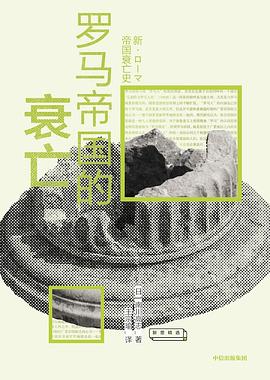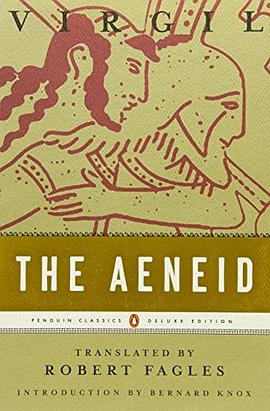

具體描述
Review
“A new and noble standard bearer . . . There’s a capriciousness to Fagles’s line well suited to this vast story’s ebb and flow.”
—The New York Times Book Review (front page review)
“Fagles’s new version of Virgil’s epic delicately melds the stately rhythms of the original to a contemporary cadence. . . . He illuminates the poem’s Homeric echoes while remaining faithful to Virgil’s distinctive voice.”
—The New Yorker
“Robert Fagles gives the full range of Virgil’s drama, grandeur, and pathos in vigorous, supple modern English. It is fitting that one of the great translators of The Iliad and The Odyssey in our times should also emerge as a surpassing translator of The Aeneid.”
—J. M. Coetzee
Book Description
From the award-winning translator of The Iliad and The Odyssey comes a brilliant new translation of Virgil’s great epic
With his translations of Homer’s classic poems, Robert Fagles gave new life to seminal works of the Western canon and became one of the preeminent translators of our time. His latest achievement completes the magnificent triptych of Western epics. A sweeping story of arms and heroism, The Aeneid follows the adventures of Aeneas, who flees the ashes of Troy to embark upon a tortuous course that brings him to Italy and fulfills his destiny as founder of the Roman people. Retaining all of the gravitas and humanity of the original, this powerful blend of poetry and myth remains as relevant today as when it was first written.
著者簡介
Virgil, born in 70 B.C., is best remembered for his masterpiece, The Aeneid. He earned great favor by portraying Augustus as a descendant of the half-god, half-man Aeneas. Although Virgil swore on his deathbed that The Aeneid was incomplete and unworthy, it has been considered one of the greatest works of Western literature for more than two thousand years.
Robert Fagles is Arthur W. Marks '19 Professor of Comparative Literature, Emeritus, at Princeton University. He is the recipient of the 1997 PEN/Ralph Manheim Medal for Translation and a 1996 Academy Award in Literature from the American Academy of Arts and Letters. Fagles has been elected to the Academy, the American Academy of Arts and Sciences, and the American Philosophical Society.
圖書目錄
讀後感
论讲故事的能力,维吉尔不如荷马,也不如与他同一时代的奥维德。维吉尔笔下的主人公埃涅阿斯,性格平淡得有如一张白纸。维吉尔多次用“诚实的”、“忠实的”一类的词汇来形容埃涅阿斯,意指埃涅阿斯对神灵敬顺有加,对命运毫不违逆。综观全书,埃涅阿斯在他的冒险旅程经历过许...
評分博尔赫斯对维吉尔的赞美勾起了我读《埃涅阿斯纪》的欲望。细看每个句子都是用心的推敲的杰作。精美,工巧。用文学巨擘形容他一点不过分,但习惯于根据作品的历史作用而非美学价值对文学作品加以取舍的做法使其被渐渐忽略。 ——不说古希腊人乘着夜的间隙进入特洛伊城,他说是...
評分一、 人物关系 从人物关系图,可以看出这些内容。 埃涅阿斯是维纳斯的儿子,是神之子。普里阿姆斯是特洛亚(罗马神话称特洛亚,希腊神话为特洛伊)的国王,那么同时,埃涅阿斯还是国王的女婿。所以,由这双重身份,埃涅阿斯承担起带领人民逃离特洛亚、到罗马建立新的国家的使命...
評分他的长矛——那挪威山上采伐来 可做巨型旗舰樯桅的巨松 比起来就只是一根细枝短棍—— ——金发燊译弥尔顿《失乐园》第一卷,第292-294行(《失乐园》,广西师范大学出版社,上册第15-16页) 有趣的是弥尔顿描写的是被上帝逐出天堂的撒旦,他的长矛“用来支撑蹒跚的步履”,...
評分埃涅阿斯到冥河去访问他的父亲,这一段是神来之笔,充满想象,身边的人、后世的人。。。像梦境,又像现实。 埃涅阿斯与拉丁人的打斗太血腥了,并且最后他也不原谅那些向他求饶的战士。这多少让埃涅阿斯的成就沾上了苦味----奈特的话说得精准。 奈特的序写得好,对维...
用戶評價
Aeneas eventually emerged as a deeply tragic character who has to repeatedly surrender his own will to found a Rome for others
评分epic!!!
评分Aeneas eventually emerged as a deeply tragic character who has to repeatedly surrender his own will to found a Rome for others
评分相比荷馬史詩的粗獷豪邁,我更喜歡埃涅阿斯紀這種更嫻熟的文學錶達形式,二者的關係就行古希臘羅馬的雕塑一樣,希臘開疆擴土,而羅馬凱鏇而歸
评分Library Genesis上隻有Fredrick Ahl的譯本
相關圖書
本站所有內容均為互聯網搜索引擎提供的公開搜索信息,本站不存儲任何數據與內容,任何內容與數據均與本站無關,如有需要請聯繫相關搜索引擎包括但不限於百度,google,bing,sogou 等
© 2025 book.quotespace.org All Rights Reserved. 小美書屋 版权所有

